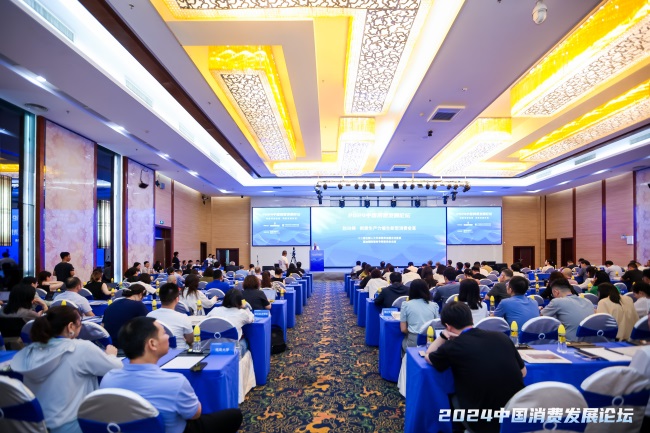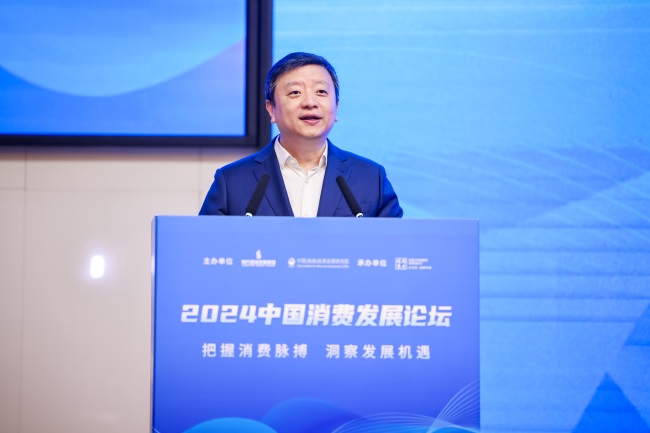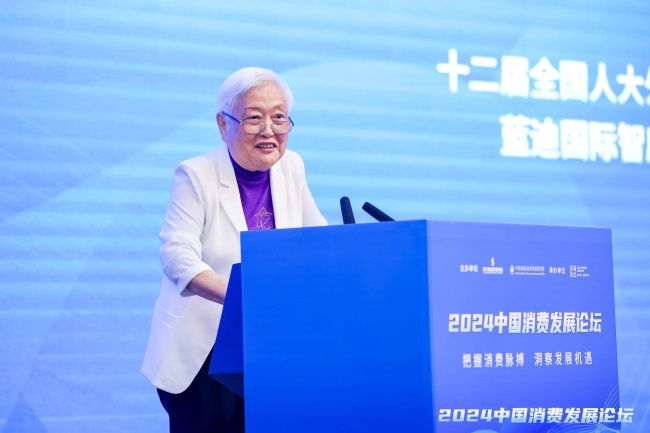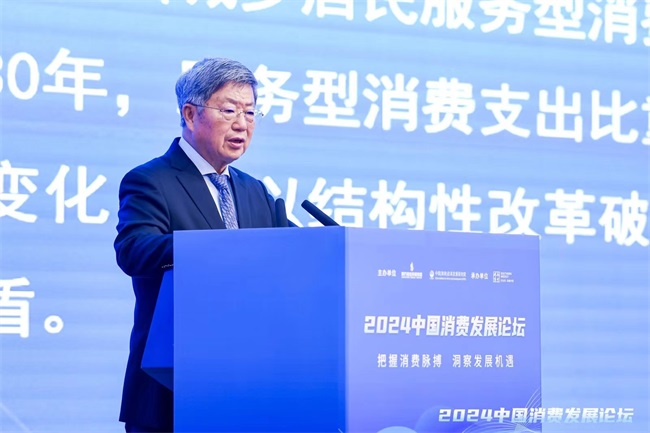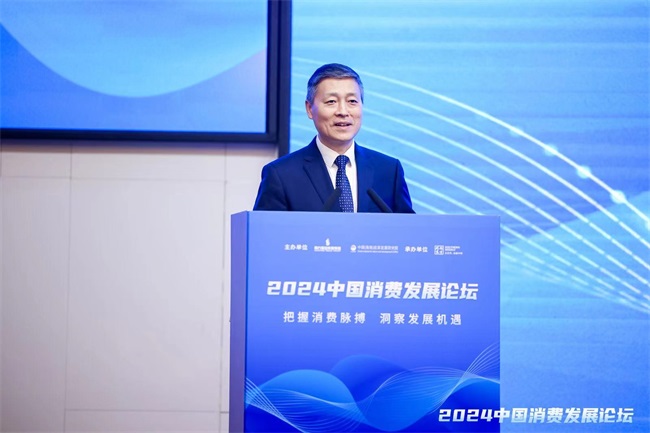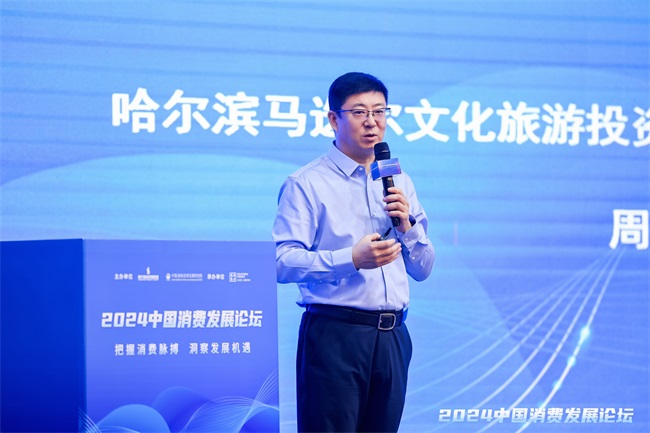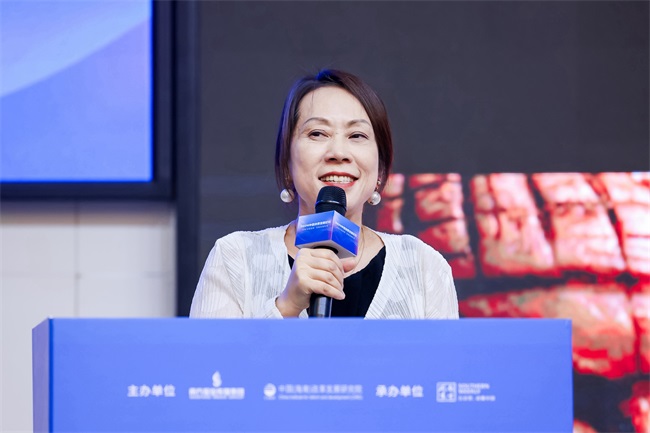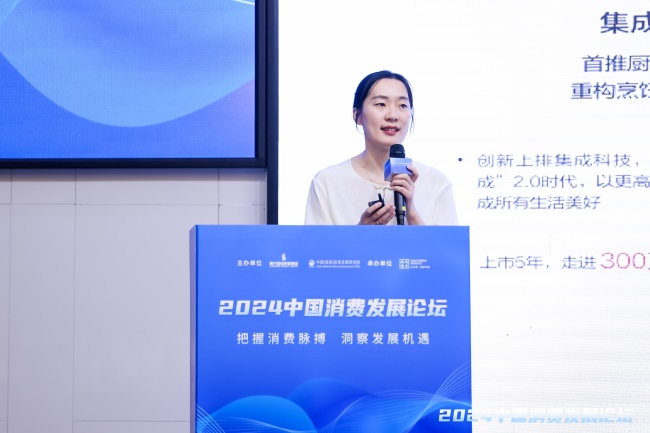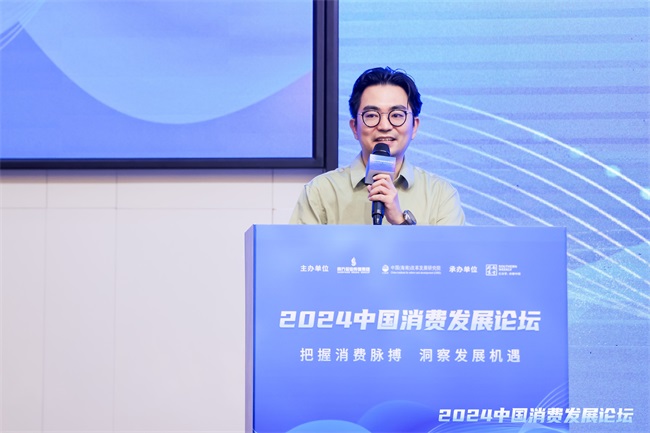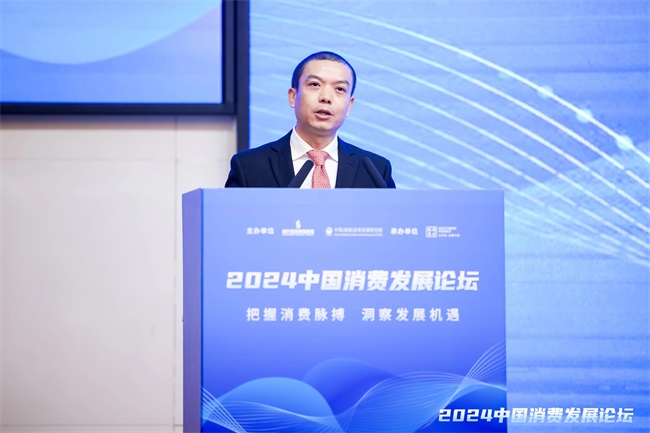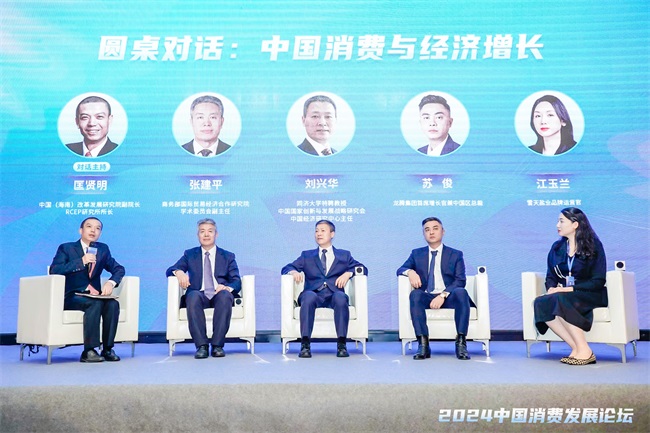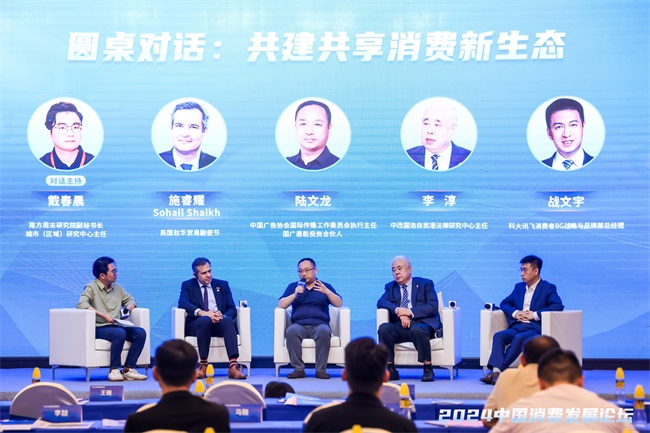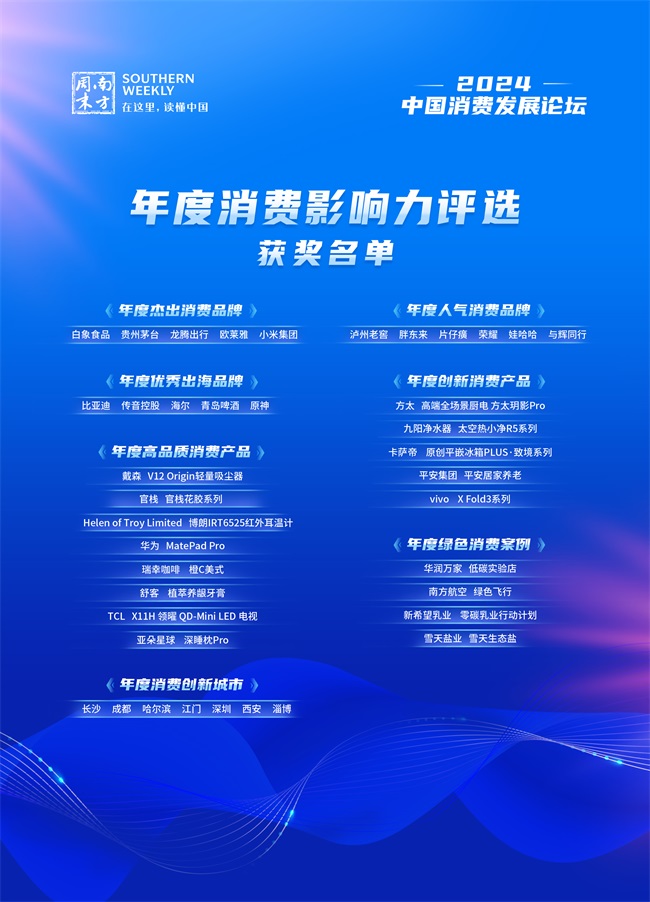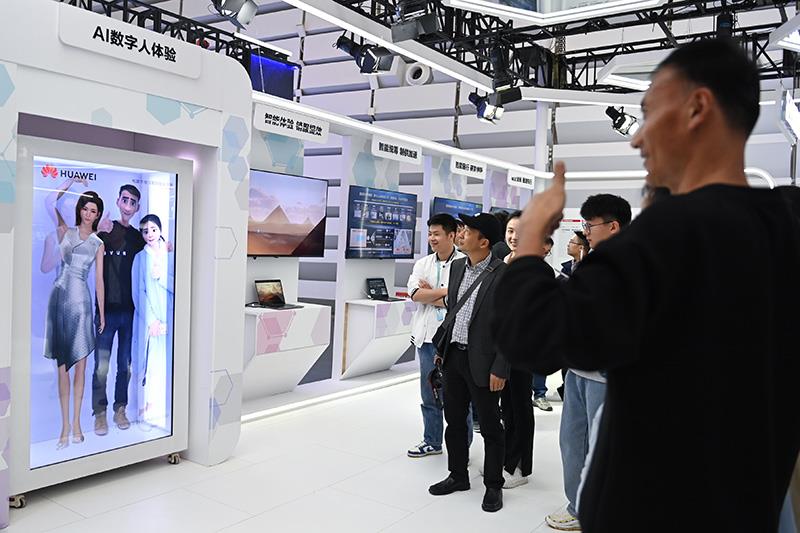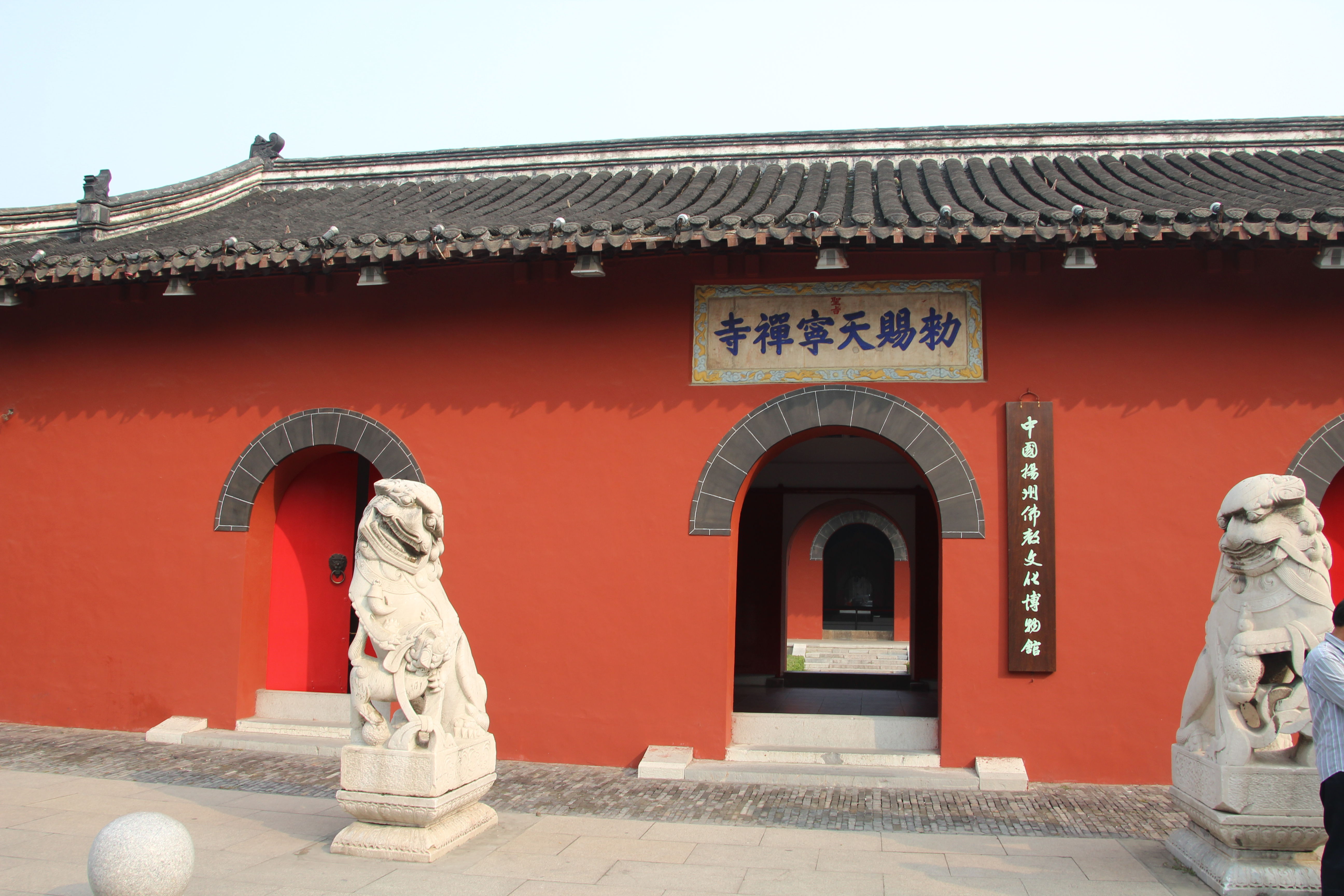Cracking Poverty Caused by Disability and Overcoming the Firm in the Firm —— Summary of the achievements of poverty-stricken disabled people in tackling poverty
China Net News Since the 18th National Congress of the Communist Party of China, the CPC Central Committee with the Supreme Leader as the core has put the fight against poverty in a prominent position in governing the country, made a series of major arrangements, and launched the fight against poverty in an all-round way. Decisive progress has been made in the fight against poverty, including the poverty-stricken disabled, and the problem of absolute poverty that has plagued the Chinese nation for thousands of years is about to be solved historically.
Affected by physical obstacles, weak working ability and low education level, poor disabled people are a special group with the deepest poverty, the greatest difficulty in getting rid of poverty and the highest rate of returning to poverty, and they have also become the difficulties in winning the battle against poverty. Recently, the reporter learned from the forum on poverty alleviation for the disabled on the National Poverty Alleviation Day that under the impetus of the strategy of precise poverty alleviation, the problem of "poverty caused by disability" has achieved historic results, the number of poor disabled people has been greatly reduced, and the "two guarantees and three guarantees" for poor disabled people have been effectively guaranteed. Party committees and governments at all levels have further increased their assistance to poor disabled people, constantly innovated their ways of assistance, improved the quality of poverty reduction for poor disabled people, and explored and summarized a series of solutions. The awareness and ability of the disabled to get rid of poverty and develop themselves have been significantly enhanced.
Top-level design ensures poverty alleviation as scheduled
September 17, Changsha, Hunan. Yang Shuting, a post-90s Miao girl from Baimaoping Town, Chengbu County, Shaoyang, Hunan Province, reported her entrepreneurial experience to the Supreme Leader. Looking back on her experiences in recent years, Yang Shuting was full of emotion: "Without the precise poverty alleviation policy, there would be no me today. I am not fighting alone. The party and the government are the strongest backing for us disabled people."
Yang Shuting is just one of many poor disabled people whose fate and family life have changed in the process of getting rid of poverty. Since the 18th National Congress of the Communist Party of China, with the great attention of the CPC Central Committee and the State Council, Party committees and governments at all levels have put poverty-stricken disabled people into the overall situation of poverty alleviation, and various top-level designs involving accurate poverty alleviation for disabled people have been continuously established and improved, and various policies and measures to help the disabled have been continuously implemented, which has greatly changed the production and living conditions of families with poor disabled people.
In 2015, the Central Committee of the Communist Party of China and the State Council issued the Decision on Winning the Fight against Poverty, which became an outline document to guide the fight against poverty in the following period. Under the background of precise poverty alleviation, 26 departments, including China Disabled Persons’ Federation and the State Council Poverty Alleviation Office, jointly issued the Action Plan for Poverty Alleviation for Poor Disabled Persons (2016-2020), proposing that by 2020, poor disabled persons and their families will have nothing to eat and wear, compulsory education, basic medical care and housing security will be guaranteed, and the coverage of basic rehabilitation services and family barrier-free transformation will be effectively expanded, so as to ensure that poor disabled persons with files and cards will be lifted out of poverty as scheduled under the current standards. In 2018, the "Guiding Opinions on Winning the Three-Year Campaign to Fight Poverty" issued by the CPC Central Committee and the State Council took the poverty-stricken disabled people’s poverty-stricken action as a special section, and put forward seven policies and measures to accelerate it, so as to ensure that by 2020, the poor disabled people and the people of the whole country will enter a well-off society in an all-round way.
At the same time, the accurate "drip irrigation with running water" has helped the poor, and the goal of "from household to person" has really been implemented. Nowadays, when we walk into the homes of poor disabled people, the most eye-catching things are the "Help Paper" posted at the door and the red "Help the Poor Handbook" that every household has. How many people in the family, who is the helper, the main reasons for poverty, and the annual assistance measures are clearly listed and clear at a glance.
With extraordinary force, it is extraordinary. The improvement of the poverty alleviation policy for the disabled has brought about the increasingly obvious effect of poverty alleviation. Since the implementation of the precise poverty alleviation strategy, the number of poor disabled people in China has decreased from more than 7 million at the beginning of the establishment of the card to 480,000 at the end of 2019, which has created a miracle that has never been seen in the history of human poverty reduction.
Take multiple measures and focus on precise policy.
"After a while, beef cattle will be able to go out. This year’s market is good, and it is estimated that it can earn tens of thousands of yuan more than last year." Standing next to a new cowshed with a flip cover, Wei Zhongyong, a disabled guy in Baixu Town, Shanglin County, Guangxi Zhuang Autonomous Region, has a hopeful look in his eyes. Shanglin County is located in one of the 14 concentrated contiguous poverty-stricken areas in China, with poor soil and serious rocky desertification, and local villagers have been living in poverty for a long time. Since the precise poverty alleviation work was carried out, poor disabled people like Wei Zhongyong have found a way to increase their income and get rich by developing the black goat and beef cattle breeding industry.
Help the poor in the long run and look at the industry in the long run. Because of its persistence and stability, industry helps the disabled to recover their "hematopoietic capacity" through rational development of industrial projects, which has become the fundamental strategy for poverty-stricken areas to win the battle against poverty.
In recent years, according to the different geographical location, natural resources, development level and technical conditions of the region, various localities have adapted to local conditions and tailored to the needs of people, and cultivated industrial projects suitable for the development of poor disabled people. All localities have also carried out "precise training" and "targeted guidance" for the poor disabled, which has enhanced their self-development ability. At the same time, preferential policies, information, funds, technology, etc. for poor disabled people have been introduced one after another, and various localities have also established poverty alleviation bases to help the disabled, so that under the leadership of "talented people" and with the help of various poverty alleviation policies, the degree of organization and interest linkage of poor disabled people and their family members in labor production can be improved, thus transforming industrial achievements into real money. By 2019, 5.638 million poor disabled people in China have received industrial support, 486,000 people have received skills training, and 779,000 families of poor disabled people have received small loans for poverty alleviation.
Helping the poor first helps the wise, and treating the poor first cures the foolish. Poverty is not terrible. What we are afraid of is lack of intelligence and empty mind. What we are afraid of is lack of knowledge and lack of spirit. Driven by a series of policies to help the poor through education, China aims at the causes of poverty caused by the disabled, and helps the poor disabled to empower and increase their wisdom by carrying out literacy campaigns for young and middle-aged disabled people, encouraging special education teachers to love their jobs and dedication, improving the popularization rate and consolidation rate of all kinds of education for the disabled, and tailoring skills and vocational education programs for disabled students, so as to completely change the fate of "poverty caused by disability" with knowledge and skills. Poor children and adolescents with disabilities can receive compulsory education through regular classes, special education schools, sending teachers to their homes, etc. All localities also provide corresponding subsidies and subsidies to poor disabled students and children of poor disabled families at all stages of education to help their families reduce their economic burden, thus further blocking the intergenerational transmission of poverty and making poor disabled people have confidence in themselves and hope for the future.
In recent years, under the leading role of the poverty alleviation department of the government and the conscientious performance of relevant departments, various localities have successively explored a series of effective ways to help the disabled, such as "grassroots party organizations to help the disabled", "blind employment to help the poor", "photovoltaic employment to help the poor" and "asset income to help the disabled", and studied and solved new difficulties and problems in poverty alleviation for the disabled one by one. At the same time, social forces from all over the country have also actively participated in helping the disabled and helping the poor. More and more typical cases of self-improvement and poverty alleviation for the disabled have also emerged on the battlefield of poverty alleviation, inspiring the poor disabled to establish confidence and courage to overcome poverty.
Pay attention to special needs.
"At that time, I felt that my life was hopeless, and I didn’t know how to live any longer …" Wang Xianbin, who lives in Wangzhuang, Hezhuang Village, Guanwangmiao Township, Zhumadian City, Henan Province, is 64 years old. Because of polio, his lower limbs are paralyzed and he has been cared for by his elderly parents for a long time. After his parents died, his life suddenly fell into a difficult situation. After learning about Wang Xianbin’s situation, Zhumadian Disabled Persons’ Federation arranged for him to live in the newly-built centralized care center for the disabled, which enabled Wang Xianbin to receive meticulous care services. "In the care center, three meals a day are guaranteed, and I can have regular physical examinations. I no longer have to worry about my life." Really support a person, liberate a group of people, and become a rich family.
"It is better to give money and things than services". With poverty alleviation, it has entered a critical stage of decisive battle, and the special difficulties and problems of poor disabled families who have not been out of poverty have become more prominent. In particular, because of the large expenditure and low income, the poor and severely disabled people often have to tie up the family labor force, and their lives become more and more difficult. In order to solve the care needs of impoverished severely disabled people, on the one hand, various localities provide more institutional guarantees for the care services of impoverished severely disabled people by accelerating the improvement of supporting policies and measures for the care services of severely disabled people; on the other hand, they make full use of rural old-age care institutions, welfare facilities, medical institutions, rural collective idle resources, etc. to provide centralized care for needy impoverished severely disabled people, and also develop neighborhood care services by developing care public posts. Reducing the cost of family care and releasing the family labor force have further improved the basic public services and supplies of poor families with severe disabilities, and improved their quality of life. They have successively explored ways of "service-oriented social assistance" such as centralized care in Zhumadian City, Henan Province, "four centralized care" in Nanyang City, "one integrated care for the elderly and the disabled" in Hengshui City, Hebei Province, and "foster care+"in Longde County, Ningxia, and truly realized "foster care one"
Rehabilitation is the reconstruction of life and the most urgent need of the disabled. In the process of getting rid of poverty, all localities regard ensuring the basic rehabilitation needs of poor disabled people as an important part of poverty alleviation work. Not only through the implementation of key rehabilitation projects, the poor disabled people who are included in the filing card will be given priority in basic rehabilitation services, but also through the provision of medical, assistive devices, financial and other "rehabilitation and poverty alleviation" means, the physical condition of the disabled will be further improved, their ability to live independently, adapt to the environment and participate in productive labor will be improved, and the adverse effects and poverty risks brought by disability on individuals and families will be reduced. By the end of 2019, there were 9,775 rehabilitation institutions for the disabled in China. In 2019 alone, 3.145 million disabled people were provided with various assistive devices adaptation services. The gradual improvement of basic rehabilitation services laid an important foundation for disabled people to enhance their self-care and social adaptability and participate in social life on an equal footing.
In order to effectively solve the difficulties and special needs of the poor disabled, various localities have also implemented a series of measures, such as social security coverage, serious illness insurance, renovation of dilapidated houses, barrier-free renovation, and so on, to further enhance the poverty reduction of the poor disabled. At present, relying on big data and information management means, the basic data and dynamic information of poor disabled people can be accurately grasped; The standard of living allowance for disabled people with difficulties and nursing allowance for severely disabled people has been continuously improved, and the coverage has been continuously expanded; In rural areas, 7.664 million disabled people have enjoyed the minimum living guarantee, and 1.23 million disabled people have enjoyed the assistance and support of the extremely poor. All eligible poor disabled families have been included in the urban and rural basic medical insurance, serious illness insurance and medical assistance, and the pressure on families to spend on medical care has been significantly reduced; The barrier-free living environment of poor disabled families has been significantly improved, housing safety has been effectively guaranteed, and the sense of acquisition, happiness and security of poor disabled people and their family members has been significantly improved.
This year is the decisive year for tackling poverty and building a well-off society in an all-round way. At present, China’s disabled people have made decisive achievements in tackling poverty. "When everything is going to succeed, it is the most difficult." We still need to clearly understand the long-term and complexity of "poverty caused by disability" and the challenges faced in solving the problem. At present, most of the poverty-stricken disabled people who have not been lifted out of poverty are mentally, mentally and physically severely disabled people with weak or no working ability, so it is difficult to get out of poverty and the risk of returning to poverty is high. At the same time, among the disabled people who have been lifted out of poverty, the proportion of people with disabilities who are at risk of returning to poverty and those on the edge of poverty is still very large. They are likely to fall into poverty again or become a new poor population due to their limited income sources, large family expenses and weak self-development ability, which requires special attention. In addition, the sudden COVID-19 epidemic this year has brought new difficulties and challenges to the production and life of poor disabled families.
At the last moment of tackling poverty, in order to help the poor disabled people finally get rid of poverty, we should not only continue to focus on shortcomings, check for gaps, tilt the power of precise poverty alleviation to the poor disabled groups, and ensure that the hard indicators of poverty alleviation such as "two worries and three guarantees" are realized as scheduled. We should also study and establish a long-term mechanism to solve the problem of "poverty caused by disability", establish an accurate monitoring and assistance mechanism, incorporate the poverty-stricken disabled people with a file card into the monitoring to prevent them from returning to poverty, further improve the social assistance system for "poverty caused by disability" families, give play to the role of market mechanism in solving the economic difficulties of "poverty caused by disability" families, guide social forces to participate in helping the disabled and helping the poor extensively, strengthen and improve the ability of rural areas to serve "poverty caused by disability" families, and constantly.
Concentrate on strength and win a well-off life. With the participation of all social forces in the decisive battle of poverty-stricken disabled people, the majority of disabled people will eventually overcome poverty, step into a well-off society in an all-round way, and start a new life with the people of the whole country.





